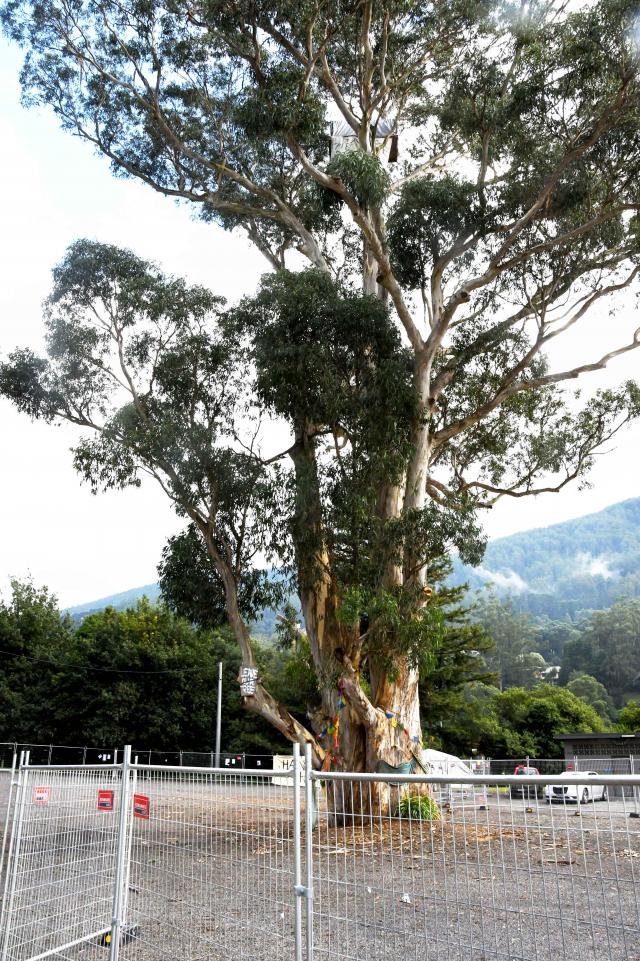This week, Christine Yunn-Yu Sun reviews of The Fig Tree by Goran Vojnović.
The Fig Tree, written by Slovenian poet, columnist, screenwriter and film director Goran Vojnović and brilliantly translated into English by Olivia Hellewell, is recommended to our readers by Ljubljana UNESCO City of Literature.
The novel won the prestigious Kresnik Award in 2017, distinguished as the best Slovenian novel of that year. It also received a Župančič Award, the highest recognition of the City of Ljubljana for outstanding creation in the field of art and culture.
As praised by the award judges, Vojnović asks “questions about human identity in our wider geographical space”.
“The characters in the novel go in and out of the area of Ljubljana to speak even more harshly and maturely about foreignness and borders, about being destined to be an external refugee because of national, urban and generational prejudices.”
This is an important observation because the novel’s first-person narrator Jadran tries to understand not just the stories of his grandparents and parents, but also the extent to which his own identity and life story is shaped by them.
In this sense, through the eyes of Jadran, Vojnović explores the nature and significance of storytelling as an (often voluntary) act that enables and even empowers the forming of one’s (self-)identity.
In the character’s words:
“The whole story was put together so that within it I might find what I was looking for. Justification for my actions, for my fears, disappointments and longing; reasons for my sadness, for the anger…
“In this story, in this beautiful, orderly world, I understand myself; I understand what I feel and I understand how I behave. This story enables me to be what I am; to be me.”
Along the process, the stories of Aleksander, Jana, Safet and Vesna are captivating, thanks to Vojnović’s powerful illustration of how personal and public tensions can intertwine and impact at the individual level as a result of deliberate manipulation of carefully selected historical events and identities (read: ethnic, cultural and even linguistic pigeonholes).
As these characters experienced the breakdown of Yugoslavia, they became both a product and the victims of their time.
The shared past of Serb, Croat, Slovene and Bosnian people became a source of comfort as well as constant conflict. While some chose to escape, others retreated into a “homeland” to which they did not and would never belong, and still others could only concentrate on “survival without humiliation or oppression”.
Thus The Fig Tree reminds us of Sri Lankan-born Canadian author Michael Ondaaje’s 1992 novel The English Patient, whose protagonist László de Almásy, a desert explorer, knows only too well that geopolitical boundaries are little more than lines drawn on paper.
Still, these fabricated lines have irrevocably changed real lives.
As Vesna laments: “It’s like someone’s drawn a border through me. They’ve drawn borders through us, through all of us. They’ve drawn borders between me, my mother and my father. It’s now up to someone else to decide if I can see my parents.”
Poignant and haunting, this is an extraordinary book. Highly recommended.

















